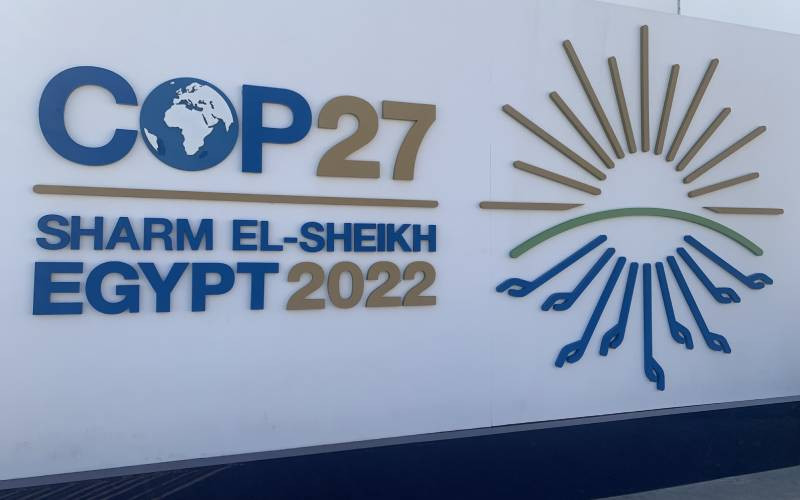×
The Standard e-Paper
Smart Minds Choose Us

Strategy. Alignment. Tension. Emotions. Power play. These are the ingredients that make the Conference of Parties (COP) negotiations.
As COP27 negotiators meet for the second week in Sharma El-Sheikh, Egypt, in what is dubbed as the 'Implementation COP,' a lot is at stake. The last days will determine if COP27 was a success or failure.